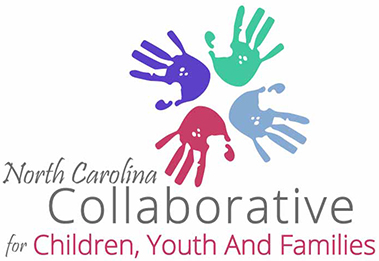Reshared with permission from Pinnacle Family Services T/R (Trauma/Resiliency) Tips.
Our Tuesday T/R is taken from the website below. Scroll down for 16 Resilience Activities for Kids:
https://positivepsychology.com/resilience-in-children/
16 Resilience Activities for Kids
- Do Volunteer Work: When it comes to encouraging resilient, compassionate and empathetic kids; there really is no substitute for helping others in need. Service work draws thoughts away from the self toward concern for others. This altruistic mindset promotes responsibility and autonomy while making a difference in society. Truly, what better way is there to add meaning and purpose to a young person’s life than to support others?
- Get a Job: If employment is feasible for the teen’s lifestyle and schedule, having a job fosters resilience by building a sense of independence, self-efficacy, and the type of pride that comes from taking on responsibility and earning one’s own money.
- Get Involved in Extracurricular Activities: Engaging in fun and rewarding activities promotes youth resilience by enhancing mastery, social interaction, and joy.
- Practice Self-care: Healthy self-care behaviors such as adequate sleep, good eating habits, and physical exercise promote resilience by encouraging a balanced lifestyle that provides young people with the strength and energy to deal with stressful situations.
- Be Optimistic: Optimism is a recurrent theme in the resilience literature, as seeing the positive in a situation is an important way to encourage young people to have a resilient mindset that supports adaptive coping.
- Try Relaxation: Given that relaxation is incompatible with stress, techniques that involve deep breathing and relaxation are important and manageable methods that kids and teens can apply on their own in order to support emotional balance.
- Listen and Learn from Others: Young people who know how to solicit and learn from guidance offered by others benefit from additional resilience resources they can utilize when needed.
- Try New Things: While trying things that may be unfamiliar or scary, it also leads to the discovery of rewarding and enjoyable activities. Taking such risks also supports a youth’s self-esteem, autonomy, and mastery.
- Practice Empathy: As noted earlier, empathy is exceedingly important for fostering resilience in young people because it supports a compassionate and giving mindset with less emphasis on one’s own problems.
- Set Reasonable Goals: Young people, particularly adolescents, often find themselves stressed due to feeling overworked, overscheduled and unable to meet desired goals. Teens have greater amounts of resilience when they experience a sense of pride that comes with achieving manageable objectives.
- Take Breaks: Many young people feel enormous academic pressures and are often extremely driven toward achievement. While dedication is positive, it is also important for healthy psychological and physical health to take necessary breaks.
- Establish a Consistent Routine: Maintaining structure is an important way for young people to feel in control and to avoid becoming overwhelmed.
- Form Meaningful Friendships: The peer connections made by kids and teens are key influences on involvement in healthy versus risky activities. Resilience is enhanced when young people establish meaningful, prosocial bonds with peers.
- Be Aware of Stressors: Young people are not always aware of the underlying stressors that make life more difficult. For example, an adolescent whose grades are suffering, may not realize the connection between his/her declining grades and a schedule characterized by low sleep and poor study habits. By identifying these stressors, a teen is able to make life changes that promote resilience.
- Accept Change: By learning that change is an inevitable part of life, young people will develop the mental stamina to accept transitions as learning experiences.
- Find your Passion! Adults and adolescents alike enjoy more fulfilling lives when they participate in meaningful activities. It is by discovering these underlying passions that a life of resilience and joy becomes possible.
